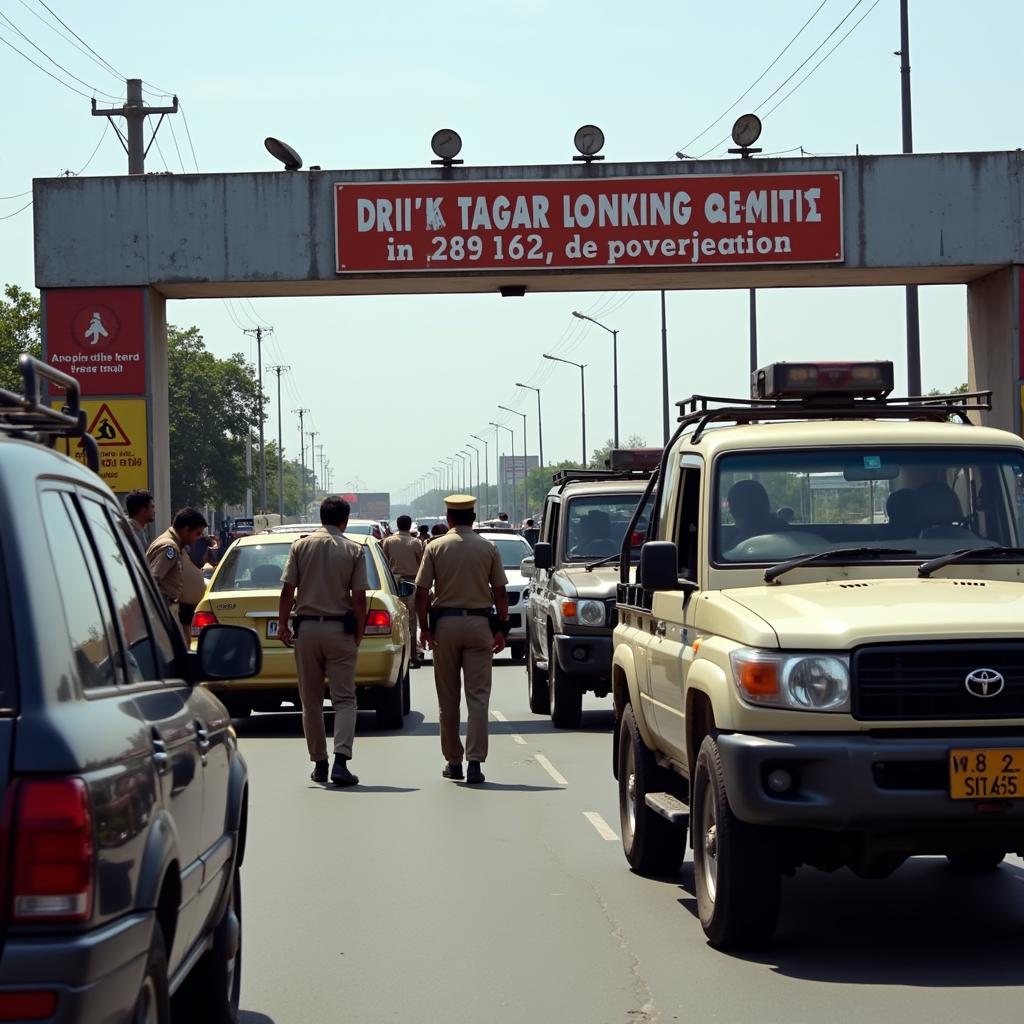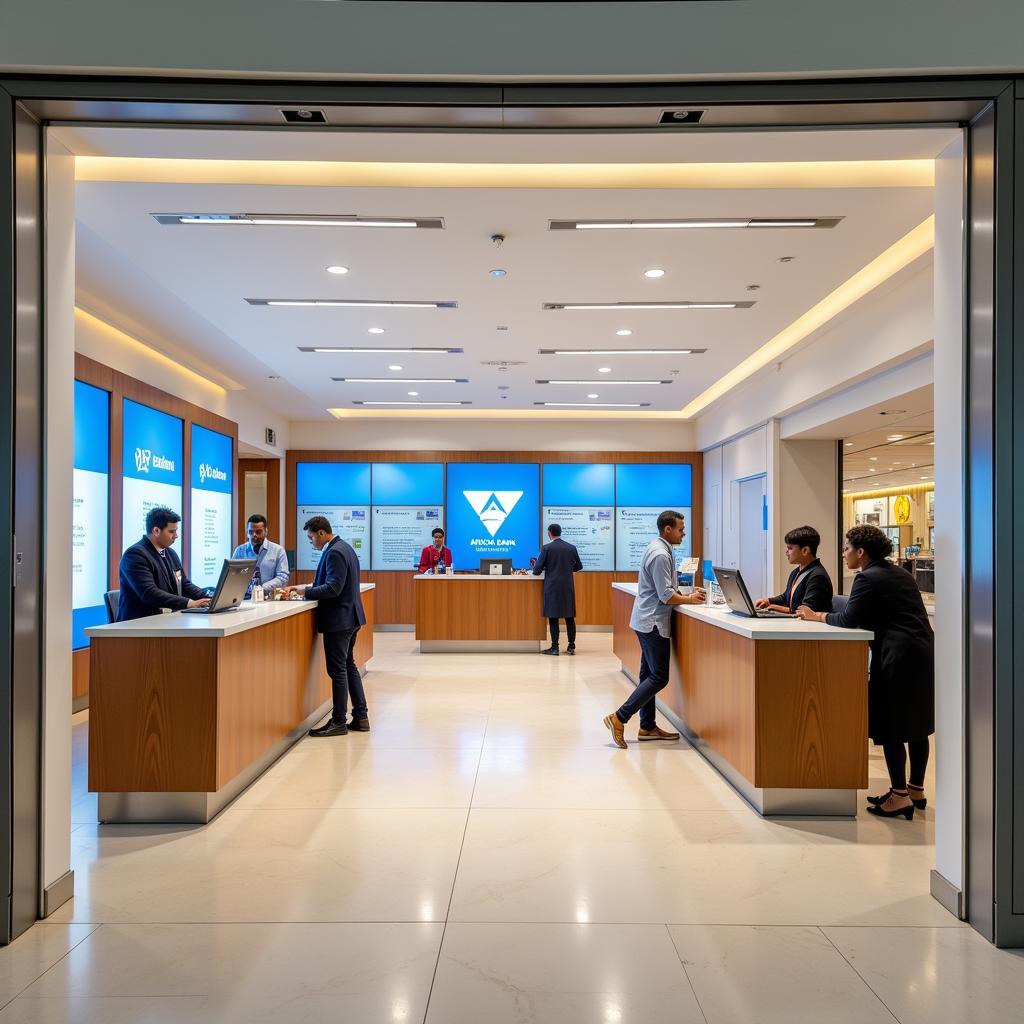African Arrested in India for Drugs: A Complex Issue
The issue of Africans arrested in India for drugs is a multifaceted one, demanding a nuanced understanding that goes beyond simple headlines. It intersects with themes of international drug trafficking, socio-economic vulnerabilities, racial profiling, and the complexities of legal systems. This article delves into the various aspects of this sensitive topic, offering insights into the reasons behind these arrests, their consequences, and the broader context within which they occur.
Understanding the Context: Why are Africans Arrested in India for Drugs?
Several factors contribute to the disproportionate number of Africans arrested for drug-related offenses in India. Poverty and limited opportunities in some African nations can make individuals susceptible to recruitment by drug trafficking networks. These networks often exploit vulnerabilities, offering seemingly lucrative opportunities to transport drugs, often with little understanding of the risks involved.
Another contributing factor is the perception of India as a transit hub for drug trafficking, particularly for heroin and other narcotics originating from regions like Afghanistan. This perception, coupled with India’s stringent drug laws, creates an environment where individuals involved in drug trafficking, regardless of their nationality, face severe penalties.
Furthermore, allegations of racial profiling and discrimination against African communities in India have been raised. These allegations suggest that individuals of African descent may be subjected to increased scrutiny and targeted by law enforcement, leading to a higher likelihood of arrest, even in cases of minor offenses.
 African Drug Arrest in India: Police Checkpoint
African Drug Arrest in India: Police Checkpoint
The Legal Landscape: Navigating the Indian Justice System
The Indian legal system, when it comes to drug-related offenses, is known for its strictness. Individuals found guilty of drug trafficking can face lengthy prison sentences and hefty fines. Navigating this legal landscape can be particularly challenging for foreign nationals, especially those who may face language barriers or lack access to adequate legal representation.
The Narcotic Drugs and Psychotropic Substances Act, 1985, is the primary legislation governing drug offenses in India. This act defines a wide range of offenses related to the production, possession, sale, and transportation of drugs, with varying penalties depending on the severity of the crime and the type of drug involved.
Socio-Economic Implications: The Human Cost
The consequences of being arrested for drug-related offenses in India can be devastating. Lengthy prison sentences can disrupt families and communities, leaving dependents without support. Furthermore, the stigma associated with drug-related convictions can make it difficult for individuals to reintegrate into society upon their release, hindering their ability to find employment and rebuild their lives.
The socio-economic impact extends beyond individuals to their families and communities, both in India and in their home countries. Families may face financial hardship due to the loss of income and the costs associated with legal representation and travel.
“The impact on families is often overlooked,” says Dr. Amina Omar, a sociologist specializing in African diaspora communities. “The stigma associated with these arrests can have long-lasting consequences for entire families, making it difficult for them to access resources and support.”
What Happens When an African is Arrested in India for Drugs?
When an African is arrested in India for drugs, the process typically involves detention, investigation, and legal proceedings. The individual has the right to legal representation and can contact their embassy or consulate for assistance. The process can be lengthy and complex, and the outcome depends on the specifics of the case and the evidence presented.
It’s crucial for anyone facing such a situation to understand their rights and seek legal counsel immediately. Organizations like the African Union and various NGOs also provide support and resources to Africans facing legal challenges in India.
Addressing the Root Causes: A Path Forward
Addressing the root causes of this complex issue requires a multifaceted approach involving international cooperation, socio-economic development, and legal reforms. Efforts to combat drug trafficking networks, coupled with initiatives to improve economic opportunities in African nations, can help reduce the vulnerability of individuals to recruitment.
“We need to move beyond simply arresting individuals and address the underlying factors that drive them to participate in drug trafficking,” states Mr. Kwame Asante, a legal expert specializing in international drug law. “This requires a collaborative effort involving governments, NGOs, and communities.”
Conclusion: A Call for Collaboration
The issue of Africans arrested in India for drugs demands a comprehensive and collaborative response. By understanding the complexities of this issue, we can move towards solutions that address the root causes, protect the rights of individuals, and promote justice and fairness within the legal system. The need for greater awareness, international cooperation, and a commitment to human rights is paramount in tackling this challenging issue.
FAQ
-
What are the penalties for drug trafficking in India?
Penalties for drug trafficking in India can range from lengthy prison sentences to hefty fines, depending on the specifics of the offense. -
What rights do Africans have if arrested in India?
Africans arrested in India have the right to legal representation and can contact their embassy or consulate for assistance. -
What can be done to address the root causes of this issue?
Addressing the root causes requires efforts to combat drug trafficking networks and improve economic opportunities in African nations. -
What resources are available to support Africans facing legal challenges in India?
Organizations like the African Union and various NGOs provide support and resources. -
What is the role of racial profiling in these arrests?
Allegations of racial profiling suggest that individuals of African descent may be subjected to increased scrutiny by law enforcement. -
How can international cooperation help address this issue?
International cooperation is crucial in combating drug trafficking networks and promoting legal reforms. -
What is the impact of these arrests on families and communities?
These arrests can have devastating consequences for families and communities, leading to financial hardship and social stigma.
 African Drug Arrest in India: Support Network
African Drug Arrest in India: Support Network
Need support? Contact us 24/7: Phone: +255768904061, Email: kaka.mag@gmail.com, Address: Mbarali DC Mawindi, Kangaga, Tanzania.
We also have other helpful articles on our website, such as “Navigating the Indian Legal System” and “Understanding Your Rights as a Foreign National in India”. Do you have any other questions or concerns about legal issues in India?




